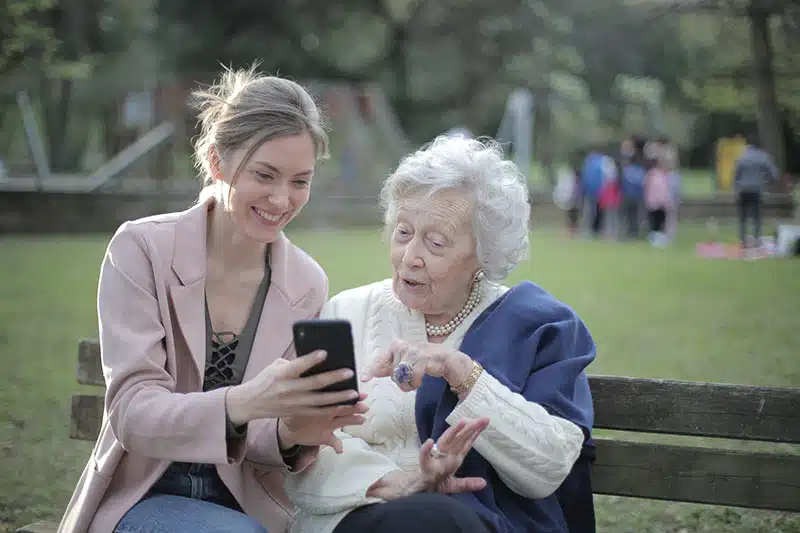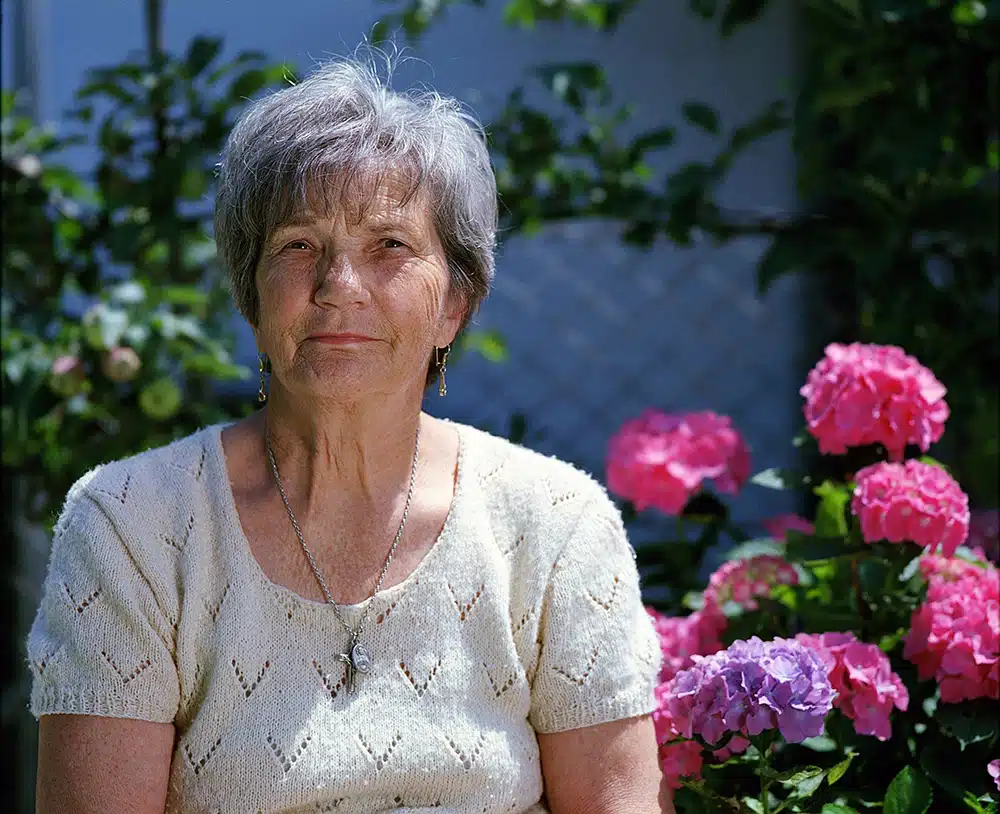You’ve often heard the saying “Hindsight is 20/20” and this can be true for new caregivers who have never provided part-time or full-time care for a spouse or an elderly parent. As an Elder Care Coordinator with Fendrick Morgan, I often hear from family caregivers that they wish they had been handed a precautionary list of things to consider before embarking on the caregiving journey. The following are few tips to help you be prepared for caring for a loved one:
- Don’t do it alone. Caregiving can be an isolating and exhausting job, even in the best of circumstances. Don’t be afraid to ask for help from family and friends. No matter how emotionally and physically strong you are, you can’t do everything. Start by asking those you trust to run errands or spend time with your loved one so that you can get out of the house – even if for a couple of hours.
- Build in frequent respite time for yourself and your family. Whether it’s a weekend away or a week’s vacation with your family, your elderly loved one can be well cared for by other capable family members who can stay with them or by an agency home health aide who is trained and experienced in caring for the elderly. Build these times away into your calendar so they happen regularly.
- Make sure your loved one’s home is safe, preventing falls and other mishaps. All small throw rugs should be removed and only non-skid tub rugs kept in front of the shower. Make sure there is adequate lighting throughout the house and remove all clutter to provide clear walkways. You might want to engage an Occupational Therapist to do a home safety evaluation to ensure that there are adequate grab bars in showers and near toilets.
- Create a Refrigerator Sheet that can be kept in a convenient but visible place for use by EMTs in the case that they need to provide urgent care in the home. You can also give this sheet to physicians and healthcare providers. The Refrigerator Sheet can be placed, along with the Living Will, in a clear plastic sleeve and posted on the side of the refrigerator or another convenient location. This type of document usually includes demographic information, preferred hospital, emergency contacts i.e. Power of Attorney for Health Care and Finances, Current Diagnoses, PCP and specialty physicians, medication and food allergies, pharmacy, medication/supplement list, and health insurance information.
- Be prepared and open to change. While you may be able to competently take care of an elderly loved one at home now, there may come a time when the family home is not a safe option and he or she may need to live short-term or long-term in a senior community such as assisted living or skilled nursing. It’s always a good idea to visit local communities ahead of time to be aware of the services that are provided and evaluate the quality of the setting, just in case.
- Make sure you and your loved one’s legal documents are in place and up-to-date. By having your will, Financial Power of Attorney, and Medical Directive/Living Will in place and up to date, you have ensured a solid foundation for important steps you may need to take on behalf of your loved one in the future.
If you would like to schedule a consultation to make sure your family’s legal documents are as robust as they need to be in today’s long-term care settings and learn more about the benefits of Life Care Planning, please give our office a call at 856-489-8388. We look forward to hearing from you.




